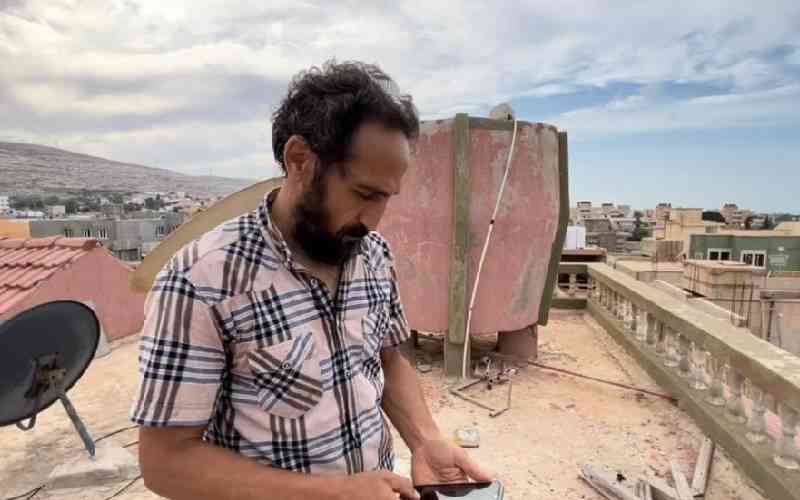×
The Standard e-Paper
Smart Minds Choose Us

Last weekend, Sami Albah, 59, and his sister were preparing for their brother's wedding in their home city of Derna, Libya.
She had flown in from the United States for the nuptials and Albah, an architectural engineer, was hosting her in his hillside apartment.